Sunday, November 1, 2009
Judaism
The religion of the Jews, characterized by: (1) its monotheism; (2) its belief in a special covenant with God making it his ‘chosen people’; (3) ethnic and territorial identity (the ‘promised land’); (4) specific laws and practices; and (5) Messianism.
Its origin dates either from Abraham's covenant with God or Moses' formulation of monotheism and of the laws attributed to him included in the Pentateuch. However, political Judaism is most closely associated with King David, who set up his capital in Judah and planned the temple of Jerusalem, built by his son Solomon. During the Babylonian captivity (586-538 bc) Judaism was consolidated and the Mosaic law was written down.
As befits a theocracy the distinction between divine and civil law is blurred. God is the supreme power and his command is law, be it religious or civil—a view shared by Islamic fundamentalists. Mosaic law (torah) was fixed by the fifth century BC. It was interpreted by the Talmud and the Midrash. The Talmud includes religious and civil laws not in the Torah proper, and gives explanations of them.
Unlike the Talmud, the Midrash keeps close to scripture and is exegetical. It covers a period from at least the second till the twelfth centuries ad. It consists of (a) the Halakah, a collection of traditional laws and minor precepts not in other written law, and (b) the Haggadah, free interpretation of scripture consisting of parable stories and other non-prescriptive material, used exclusively at Seder, the initial ritual of the Passover.
The high priest was usually the head of state and administered both religious and civil law, though, as in the Maccabean (Hasmonean) dynasty, there were kings. Rabbis were both interpreters of the law and civil judges. The scribes fixed the text of the law and recorded interpretations as they occurred through time. The Pharisees were a sect that devoted themselves to the exact observance of oral and written law. While the Babylonian captivity tended to unite the Jews, the Roman occupation of Palestine, the Herodian dynasty, and finally the destruction of the temple in ad 70 led to the dispersion of the Jews. Fragmentation accompanied dispersion, from the extremes of fundamentalism (Karaites who reject rabbinical tradition and rely on scripture alone) and orthodoxy, to rationalism, either purely philosophical or a mixture of philosophy and Talmudic and rabbinical tradition.
By the seventh century AD Palestine had been occupied by the Muslims. During the Middle Ages Jews spread throughout Europe, west, and east. For the most part they lived in enclaves (ghettos) and from time to time were persecuted, and at best tolerated and protected.
anti-Semitism became politically prominent 1894 when Alfred Dreyfus, a French Jewish army officer, was wrongly convicted of spying for the Germans and deported to Devil's Island. 1896 Theodor Herzl wrote a book, Der Judenstaat, advocating a Jewish homeland in Palestine. 1897 he organized the first Zionist Congress to further this aim. 1917 the British minister Arthur Balfour promised the British Zionist Federation that when Palestine was liberated from the Turks limited quotas of Jews could settle there. From 1920 to 1948 Palestine was under British mandate. During this time increasing numbers of Jews availed themselves of the Balfour Declaration. This influx was accelerated during and after the Second World War as a result of the Nazi persecution of the Jews in occupied Europe. The state of Israel was established with the blessing of the UN in 1948. The Jews had returned to part of their homeland, but the state was secular, not a theocracy, and Jerusalem was divided.
Subscribe to:
Post Comments (Atom)






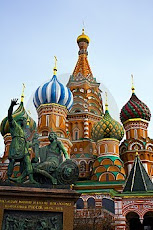














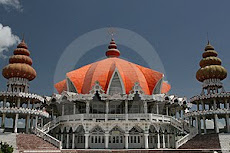



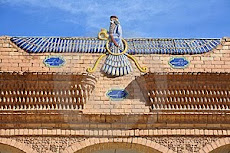



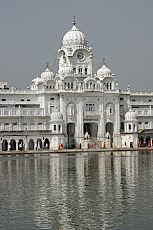
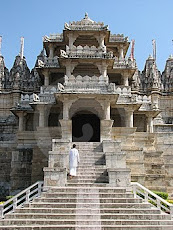






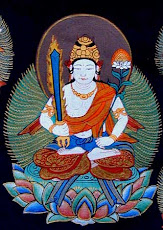







No comments:
Post a Comment